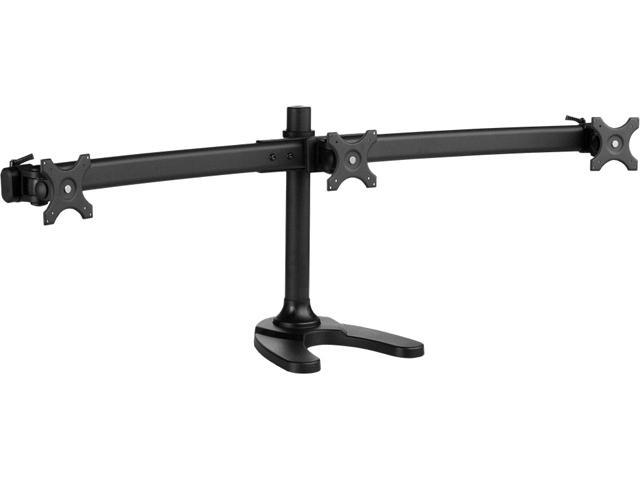- Uses a clear,reader-friendly writing style.
- Examines thechemistry of urinalysis, including…
- Reactions on dip sticks
- Confirmatory methods
- Causes of false positives and negatives
- Different levels of sensitivity in the two major dip stick producers
- Organizesreagent stripinformation with headers that clearly delineate theclinical significance, reactions,andinterference.
- Usescase studiesandclinical situationsto promote problem-solving and critical-thinking skills.
- Providesprocedureandsummary boxesfor quick reference.
- Includesstudy questionsat the end of each chapter that emulate questions on thenational ASCP examination.
- Discusses thesafety precautionsneeded to guard against hazards related to urine and body fluid analyses.
- Features more than175 full-color slidesof urine, cerebrospinal, seminal, synovial, serous, and vaginal fluids, positioned close to the related text.
- Reviewsrenal physiologyandrenal function testing.
- Offers comprehensive discussions of thephysical, chemical,andmicroscopic analyses of urine.
- Describes, in detail, the laboratory tests used for thediagnosis and monitoring ofdiseases of glomerular, tubular, interstitial, and vascular origins.
- Coversquality assurance and management,including requirements of accrediting agencies.
- Discussesinstrumentationcurrently used the urinalysis laboratory.

95.95 CAD
Buy Now













